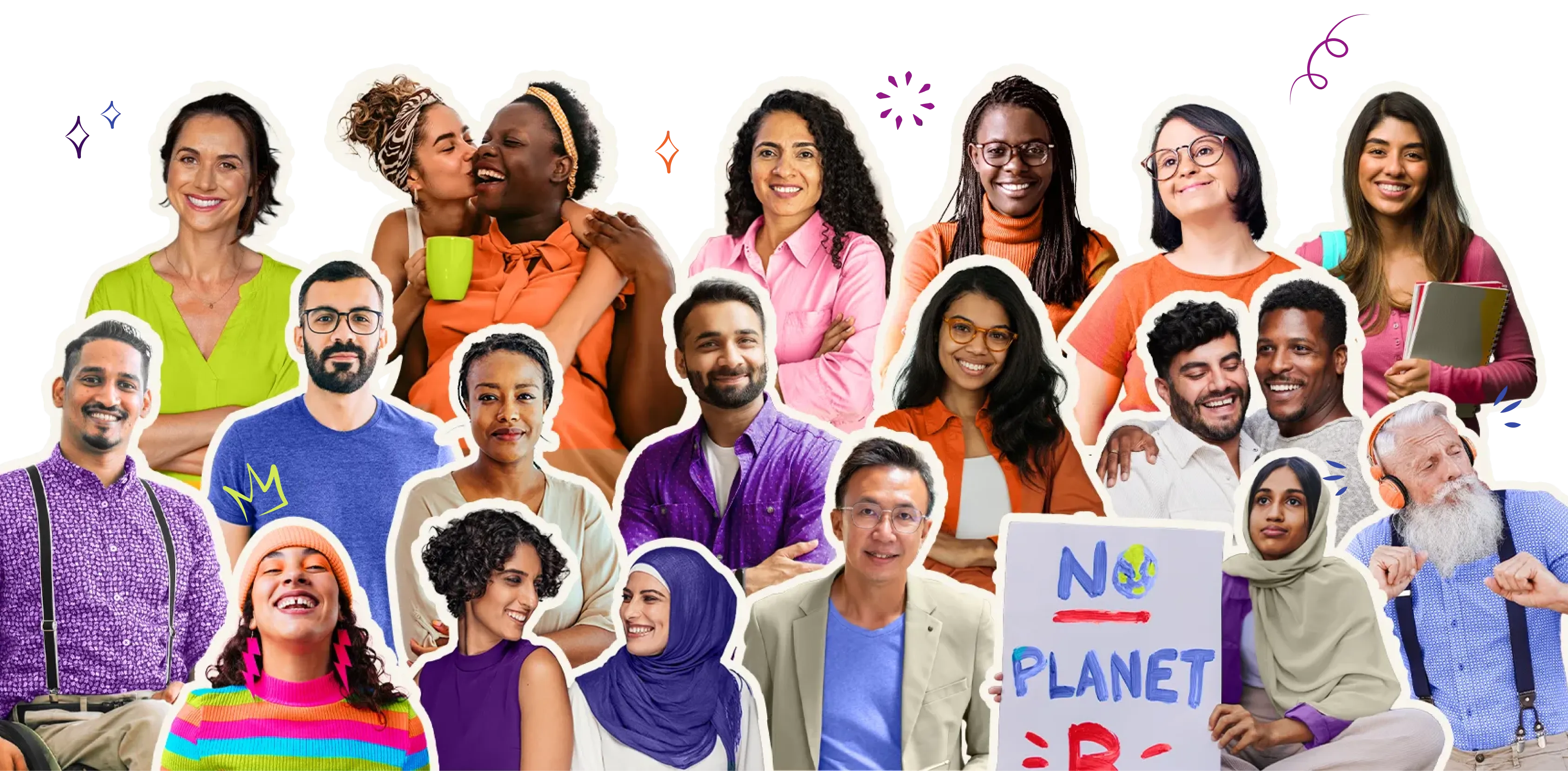Blog
What “Seinfeld” and Congressional Oversight Have in Common
Having worked in and around Congress for most of my career, I believe congressional oversight is critical.
Barack Obama once said that “no party has a monopoly on wisdom; no democracy works without compromise.”
I don’t see that as an empty cliche. I share the view that partisan disputes are healthy, and that bipartisan tension can play an important role in ensuring a stable democracy.
It was with this in mind that I agreed to testify last week before the House Committee on the Judiciary’s Subcommittee on Weaponization of the Federal Government. Having worked in and around Congress for most of my career, I believe congressional oversight is critical for ensuring leaders apply our laws fairly, spend our funds wisely, and act with transparency — outcomes that benefit us all.
I’m not confident that the hearing at which I testified will get us close to any of those goals.
Put another way, if Seinfeld was a “show about nothing,” this hearing was about, literally, everything.
Put another way, if Seinfeld was a “show about nothing,” this hearing was about, literally, everything.
The members on the committee’s majority used the hearing to focus on: Hillary Clinton’s email server; IRS harassment of the Tea Party; Russian collusion; unscrupulous FBI agents; partisan media; the Steele dossier; the Mueller Report; Hunter Biden’s Ukraine ties; Hunter Biden’s laptop; riots in 2020; Covid, vaccines, and Covid vaccines; Anthony Fauci; off-label prescription rights; wiretaps; George Soros; parents at school board meetings; the Twitter files; Google; Pfizer; the capture of global organizations by the left; and whether the World Health Organization has been captured by the Chinese government.
There is tremendous irony in the fact that a hearing on the “weaponization” of government took place during Black History Month — a month in which we, in part, look back on what can happen when a government truly is weaponized against its citizens.
And I’m not even going back to slavery here. Consider: Ruby Bridges, the first African American student to desegregate New Orleans schools, is only 21 years older than I am. We are not far removed from some of the darkest chapters of government-sponsored horrors in American history.
Those, to me, are evidence of a weaponized government, some of the effects of which we still feel today. What was exposed at last week’s hearing is not.
To be clear, I believe that the majority in the House was won through free and fair elections, and they have every right to both set the agenda they wish and make their case to the American people.
However, the case they appeared to be making, under the klieg lights at their first major hearing, was a scattershot mess of scores to settle that ranged from political red meat to outright conspiracy theories.
As I suggested to Congressman Matt Gaetz (who, based on our exchange, seems unlikely to join Raben once he leaves Congress, but I’ve been wrong before), the world is Congress’s oyster. The Constitution makes it easy: round up some colleagues, write a bill, get it passed, send it to the president for his signature. They have all the ability and time they need to make the country a better place.
It’s not clear that that’s their goal. In a way, I had a front-row seat to a very successful hearing, if success is measured in how much angrier the entire audience is after watching.
I am blessed that Congress gave me the opportunity to share some of my views with the American people. It was all a reminder that whether you are the House of Representatives or any individual, you don’t get many bites at the apple; will you use your time to get something done.


